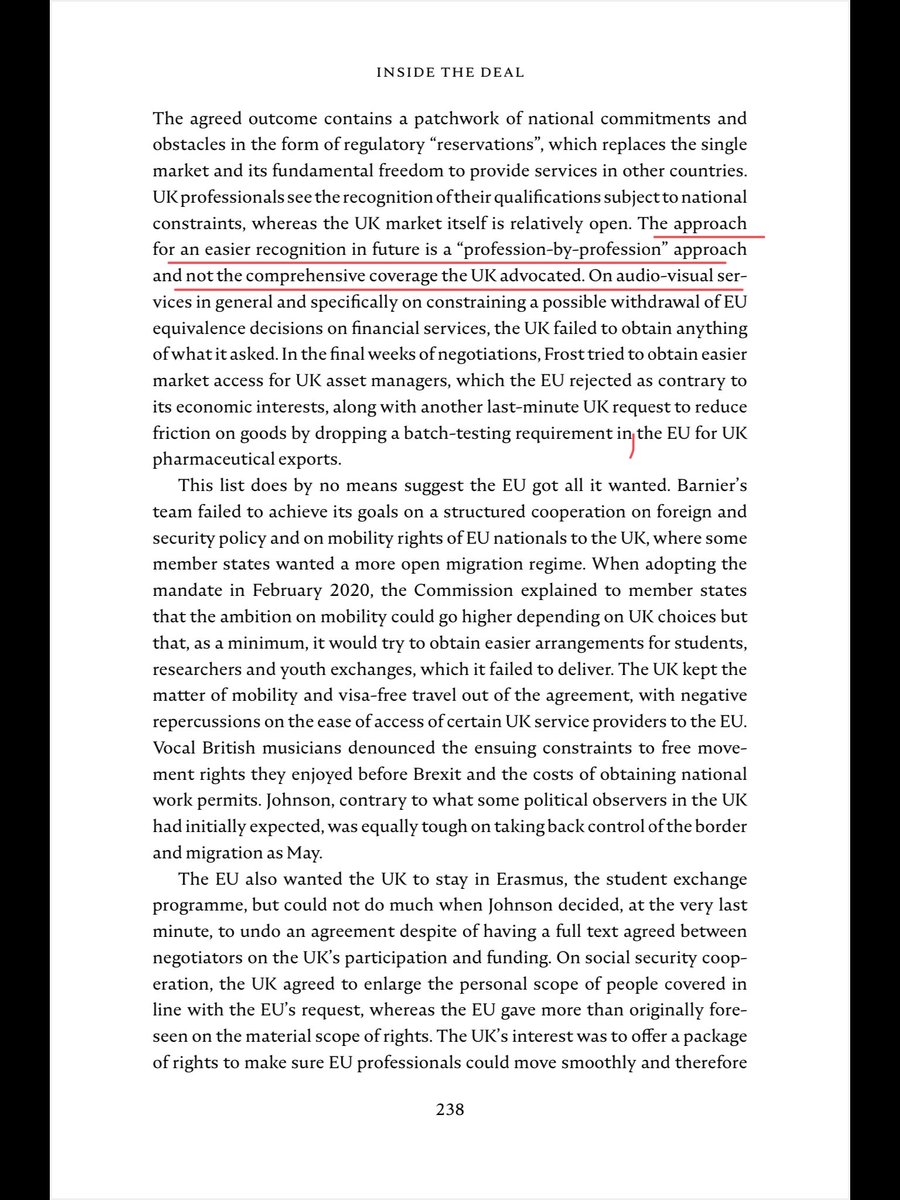
How to get URL link on X (Twitter) App


 The insignificance: it's billed as a choice of military service or volunteering. Yet the forces element is capped at 30,000 places (5% of all 18yos) in trades such as cyber, procurement and logistics. Perhaps worthy - but not the 50s-style mandatory infantry that voters may hope
The insignificance: it's billed as a choice of military service or volunteering. Yet the forces element is capped at 30,000 places (5% of all 18yos) in trades such as cyber, procurement and logistics. Perhaps worthy - but not the 50s-style mandatory infantry that voters may hope




https://twitter.com/LyneBiewinga/status/1617871896414162957De Rynck is pretty open that the Frost deal was a rolling for the U.K. negotiators on several fronts and landed broadly where the EU side had wanted.





 What’s interesting for a young and outwardly optimistic govt, the overriding vibe is an itchiness and anxiety — about drift, decay, bad press, unpopularity. They feared falling down the gap of what Powell called the transition phase “post-euphoria, pre-delivery.”
What’s interesting for a young and outwardly optimistic govt, the overriding vibe is an itchiness and anxiety — about drift, decay, bad press, unpopularity. They feared falling down the gap of what Powell called the transition phase “post-euphoria, pre-delivery.”


https://twitter.com/hendopolis/status/1467986313483853828Raphael Marshall, an FCO fast streamer with three years experience, describes disarray as a skeleton staff of him and other junior staff were tasked with picking out Afghans for evacuation from a flood of 100k+ requests. Whole thing requires reading but esp his criticism of Raab





 @IpsosMORI Such figures might sound incredible. This is the land of John Bull, bulldogs, beef and liberty.
@IpsosMORI Such figures might sound incredible. This is the land of John Bull, bulldogs, beef and liberty. 
